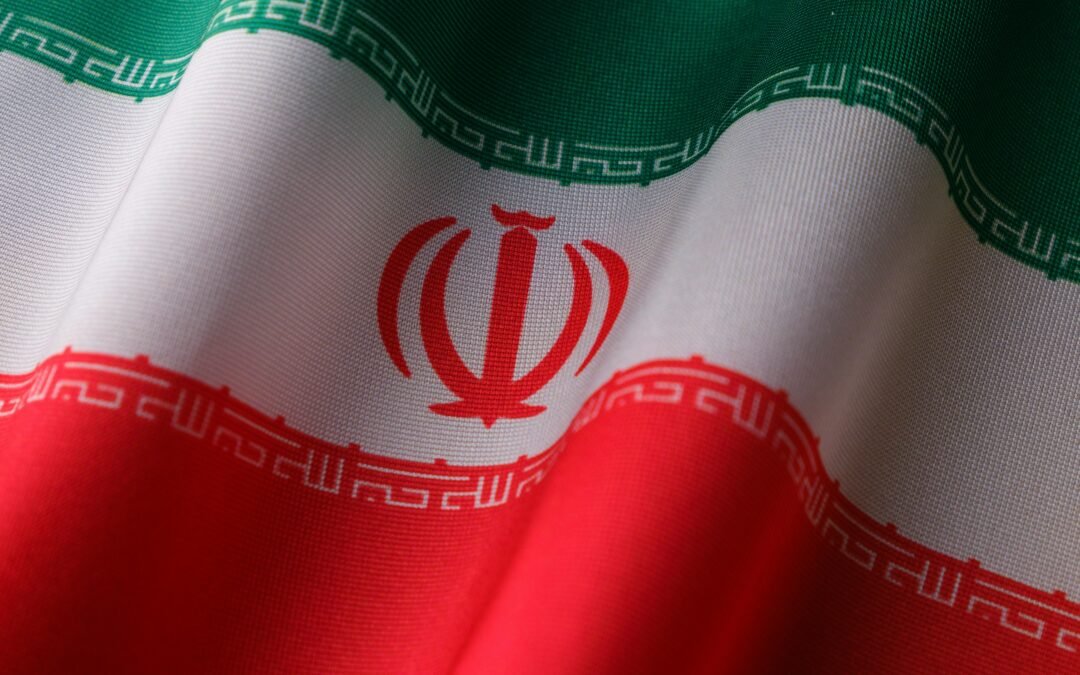The ongoing conflict between the United States, Iran, and Israel has far-reaching implications for global business and markets. As tensions continue to escalate in the Middle East, investors and businesses worldwide are closely monitoring the situation for potential economic repercussions.
This paper will examine how the US-Iran-Israel conflict is reshaping the global business landscape and markets, highlighting key factors and implications for industry players. Stay tuned to gain deeper insights into this complex geopolitical issue and its impact on the global economy.
Historical Context: The Evolution of Relations Among the US, Iran, and Israel
Understanding the historical background of relations among the United States, Iran, and Israel is crucial in deciphering the current conflict’s complexities. From political alliances to military interventions, past events have shaped the intricate web of interactions between these nations. Delve into the historical context in our next blog section to gain a broader perspective on how these relationships have evolved and the implications they hold for global business and markets.
The Economic Ramifications of the US-Iran-Israel Conflict on Global Markets
The interplay between the US, Iran, and Israel has far-reaching consequences on global business and markets. The ongoing conflict has created uncertainty, impacting trade relations, investments, and market volatility. Understanding how these geopolitical tensions influence resource allocation and geopolitical risk is vital for businesses operating in this changing landscape. In the next section, we will explore the economic implications of the US-Iran-Israel conflict on global markets, dissecting how it affects various sectors and offering insights on mitigating risks and seizing opportunities amidst these challenging times.
Key Industries Affected by the Ongoing Tensions: A Closer Look
As the US-Iran-Israel conflict persists, various industries are feeling its impact. Sectors such as energy, technology, and finance are particularly vulnerable to disruptions caused by geopolitical uncertainties. The energy industry faces challenges with oil prices fluctuating based on geopolitical tensions. Similarly, technology companies are navigating complex trade dynamics and compliance issues. Additionally, financial markets are experiencing increased volatility, affecting investments and portfolios. In the upcoming section, we will delve into how these key industries are being influenced by the ongoing tensions and explore strategies for businesses to adapt and thrive in this evolving global landscape.
Strategies for Businesses to Navigate Uncertainty in Global Markets
In the face of the US-Iran-Israel conflict’s influence on global business and markets, companies need to adopt strategic approaches to mitigate risks and capitalize on opportunities. Utilizing scenario planning to prepare for various possible outcomes can help businesses make informed decisions in times of uncertainty. Diversifying supply chains and exploring alternative markets can buffer against disruptions in key industries. Moreover, staying abreast of geopolitical developments and adjusting strategies accordingly is crucial for long-term success. In the following section, we will outline practical strategies that businesses can implement to navigate the complexities of the current global landscape and thrive amid uncertainty.
Case Studies: How Companies Have Adapted to the Impact of Geopolitical Tensions
In this section, we will delve into real-world examples of how companies across various industries have successfully navigated the challenges posed by geopolitical tensions, particularly in the context of the US-Iran-Israel conflict. By examining these case studies, readers will gain valuable insights into the strategies employed by forward-thinking businesses to not only survive but thrive amidst uncertainty. From innovative risk management practices to agile supply chain adjustments, these stories will showcase the importance of adaptability and strategic decision-making in turbulent times. Join us as we explore concrete examples of resilience and flexibility in the face of global geopolitical dynamics.
Conclusion: Preparing for Future Business Challenges in a Volatile Global Landscape
As we conclude this discussion on the impact of the US-Iran-Israel conflict on global business and markets, it is evident that adaptability and foresight are key in navigating the complexities of geopolitical tensions. The case studies presented highlight the importance of proactive risk management, agile decision-making, and strategic adjustments in supply chains to mitigate the impact of uncertain political landscapes. As businesses brace for continued volatility, it is crucial to anticipate potential challenges, diversify risk, and prioritize agile strategies. By staying informed, remaining flexible, and leveraging lessons from past experiences, companies can position themselves to not only survive but thrive in the face of evolving geopolitical dynamics.

